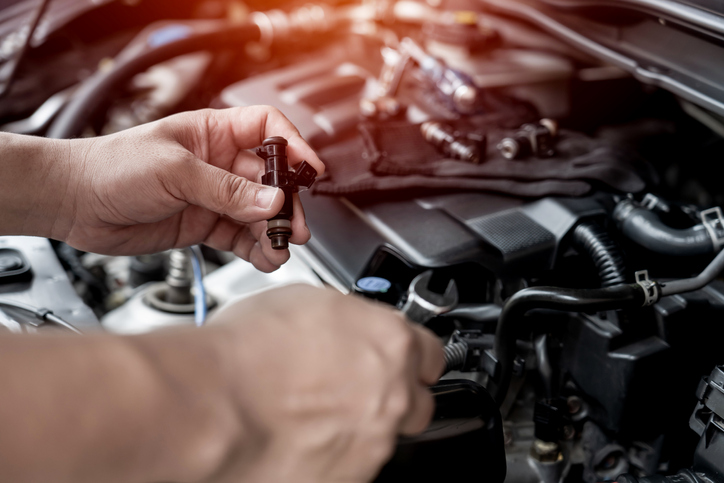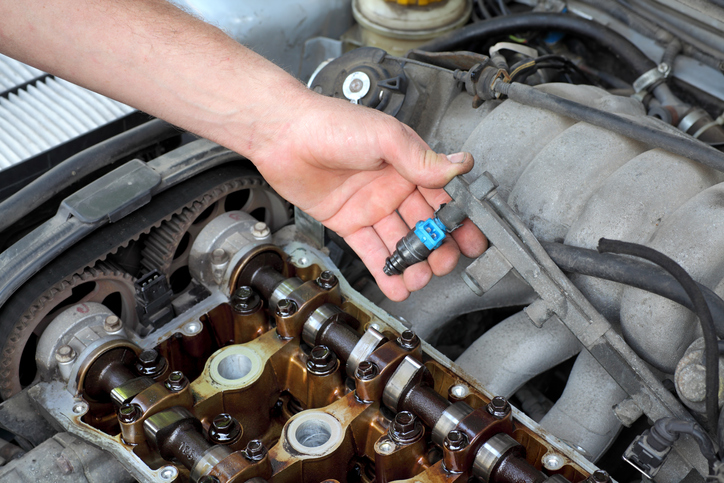3 Common Fuel Injection System Problems Explained for Those in Mechanic Courses
Modern vehicles have complex fuel injection systems that are responsible for delivering fuel to the engine of a car. So when the fuel injection system fails, the vehicle’s engine is in trouble. For an aspiring auto mechanic, there’s a lot to get stuck into and a lot to watch out for to ensure a customer’s vehicle runs as it should.
From diagnosing the problem to performing maintenance services and quick cleans, an auto mechanic is responsible for preserving the function of the fuel injector. The best way to prevent any long-term damage to the vehicle and its systems is to detect fuel injector problems quickly, or even before they happen. Below, discover three common fuel injection issues and the symptoms to look out for!
A Dirty or Clogged Fuel Injector Can Cause Problems
Many fuel injector problems happen because the system is dirty or clogged. When the fuel injector is clogged, the vehicle may experience a sudden loss of engine power. At the same time, the supply of fuel to the engine may suffer, causing the vehicle to move in abrupt surges instead of smooth, gradual movements. A customer may notice the engine stalling or their vehicle sputtering when coming to a stop.
Cleaning the fuel system on a regular basis is the best way to solve the problem of a dirty fuel injector. Those taking mechanic courses at ATC Cambridge will gain the experience needed to address automotive problems such as these, with a program that covers the operation and servicing of fuel injection systems, among other parts.

Look Out for Leaks
Old fuel injection systems are more prone to problems such as holes that cause a leak in the fuel supply system. Oil leaks can also occur when there is a damaged seal that deteriorates further over time.
The biggest indicator of a leaking system is reduced fuel efficiency in the vehicle. This happens when fuel is wasted by leaking from the injector’s body. As you begin your auto mechanic career in Cambridge, you can check for these leaks by examining the fuel injector for any traces of fuel on the exterior of the system. You may also notice that the vehicle gives off a strong smell of fuel.

Check for Wear and Tear After Mechanic Courses
As with any auto problem, it’s better to catch these issues early to prevent any long-term damage to the vehicle—especially since the engine’s performance relies on the fuel injector. Over time, the fuel injection system is at risk of general wear and tear. As an auto mechanic, you can include a check of the fuel injection system when performing a preventative maintenance service. For example, the internal springs of the system may be damaged, causing an excessive supply of fuel. With the right training, you’ll be ready to identify and repair any issues with the fuel injection to keep a vehicle in top-notch condition.
Are you interested in becoming an auto mechanic in Cambridge?
Start your career with a training program at ATC Cambridge!


